Beijing bans beef from Lee family’s Australian Country Choice abattoir
China has banned beef from Trevor Lee’s family abattoir, citing contamination, ramping up Beijing’s trade war on Australian farm commodities.
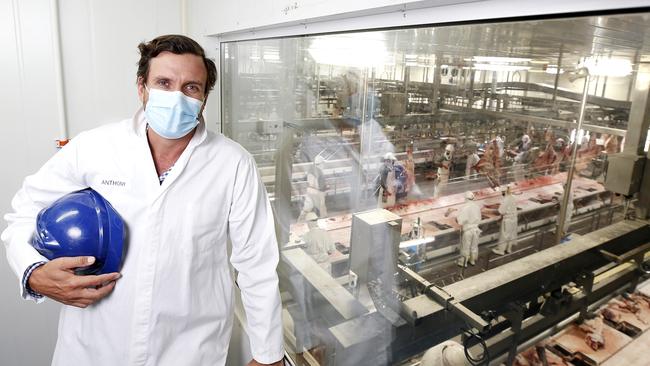
China has intensified its war on Australian farm commodities, banning beef from rich lister Trevor Lee’s Brisbane abattoir.
Chinese authorities have suspended exports from Australian Country Choice (ACC) - the world’s biggest family-owned beef company - as of October 18, citing contamination of chloramphenicol, a drug used to treat eye infections in dogs and cats.
In a statement, Anthony Lee, who is chief executive of his father’s company, said products shipped under ACC’s licence failed random testing at the port of Ningbo - south of Shanghai - despite the Japan and Korea running the same tests on ACC beef at their ports and not detecting any contamination.
“The reasons provided to DAWE (Federal Department of Agriculture, Water and the Environment) from Chinese authorities was for frozen product received in China that failed a random sampling test for chloramphenicol on beef products inspected at the entry port of Ningbo,” Mr Lee said.
“Random product testing that could identify this drug is also conducted at other ports of entry to the EU, Korea and Japan, among others.
“DAWE has advised ACC that is has not received any recent advice of detections from import agencies in these markets.”
Mr Lee said the company will now look to exporting to markets other than China following its suspension.
“The detected substance is not prescribed for use in cattle in Australia. It is a drug which may be used to treat bacterial infections in dogs and, in some cases, under veterinary care for off-label use in horses,” Mr Lee said.
“While the beef product that failed the test was not ACC’S, nor from ACC livestock or feedlots, it was toll-processed on behalf of a branded non-packer export customer, and exported under ACC’s establishment 1620 licence.
“Given the supply chain processes were beyond ACC’s control, it is clearly a huge disappointment and major disruption to its business and its customers’ branded programs into China. In the absence of a China licence, the company will now focus on alternative markets.”
Mr Lee’s father, Trevor, ranks 154 on The Australian’s The List: Australia’s Richest 250, with his wealth steady at $753m. He is chairman of ACC, which while not a household name, if you’ve ever eaten beef from a Coles supermarket you most likely have consumed some of the 80m kilograms of Australian Country Choice cuts sent to market each year.
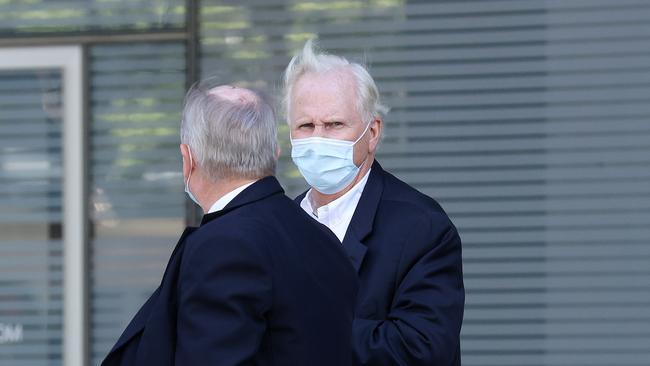
The private company, which reported income of $745m for the 2018-19 FY, is headquartered on Brisbane’s eastern fringes in an historical riverside industrial estate that dates from 1907.
It is the latest company to slapped with a ban from Beijing, which has target a range of Australian farm commodities from barley and beef to wine and lobster.
Beijing communist regime imposed punitive 80 per cent tariffs on Australian barley and launched an anti-dumping investigation into Australian wine last year, after Prime Minister Scott Morrison pushed for an inquiry into the origins of the coronavirus, which spread from Wuhan to the rest of the globe from early January, 2020.
China’s leadership is also aggrieved at the federal government’s foreign interference legislation.
Beijing stepped up its war on Australian farm commodities, banning beef from another Queensland abattoir - John Dee in Warwick - last August after detecting chloramphenicol - the same drug it claimed was detected in ACC’s products.
At the time, China’s deputy ambassador to Australia, Wang Xining, likened the worsening relations with Australia to a bad marriage and said Mr Morrison had offended the Chinese people with his push for an inquiry into Covid-19.
Meanwhile, China’s The Global Times newspaper, has ran numerous pieces attacking Australia. In one negative article, it invoked former Singaporean prime minister Lee Kuan Yew’s 1980s gibe that unless Australia opened its economy and lowered unemployment, it risked becoming “the poor white trash of Asia’’.
Research by Commonwealth Bank shows the imposition of bans and extra taxes on Australian goods into China have triggered $5.5bn in lost exports over the six months to January.
But Australian exporters subject to Chinese trade aggression in 2020 have seized the opportunity to diversify to new markets in some of the fastest-growing economies in the world, providing a $500m cushion to the hit from souring relations with our largest economic partner.
Despite China imposing tariffs of 80.5 per cent on Australian barley exports in May 2020, total sales over the six months to January jumped 13 per cent versus the previous six months, thanks to a surge in exports to Saudi Arabia, alongside a lift in sales to Thailand, Vietnam and Kuwait.
But Mr Lee said ACC would continue to work with Chinese customs to determine the root cause of the contamination.
“The Export Meat Program staff at DAWE have advised ACC that they will, as standard practice, make a request to China’s General Administrations of Customs China for a second or confirmatory test,” Mr Lee said.
“ACC will continue to work closely with DAWE to search for the possibility of a root cause, to ensure the supply chain integrity of product and processes meets all import country requirements.”


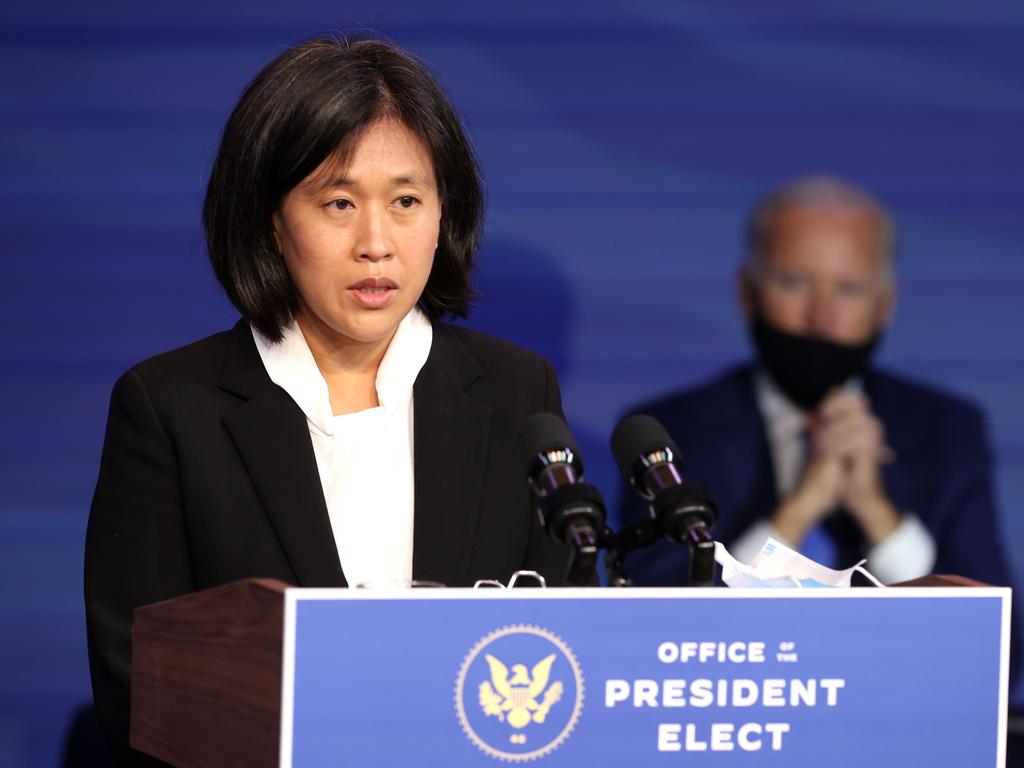

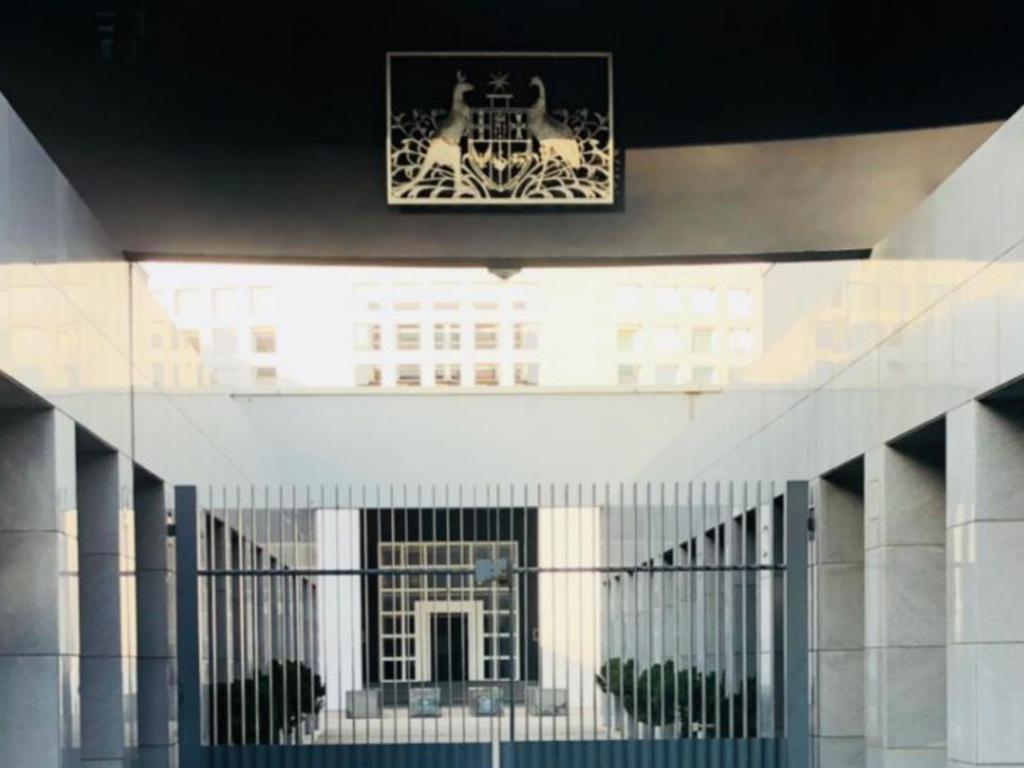
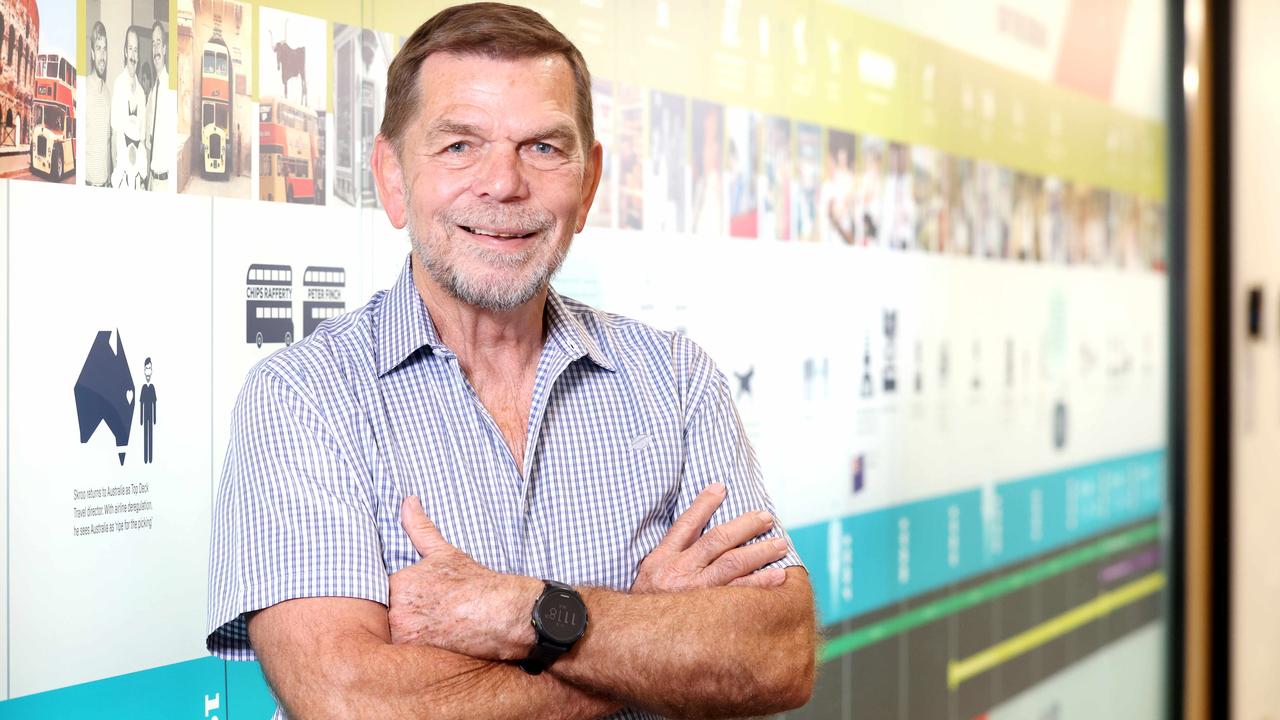
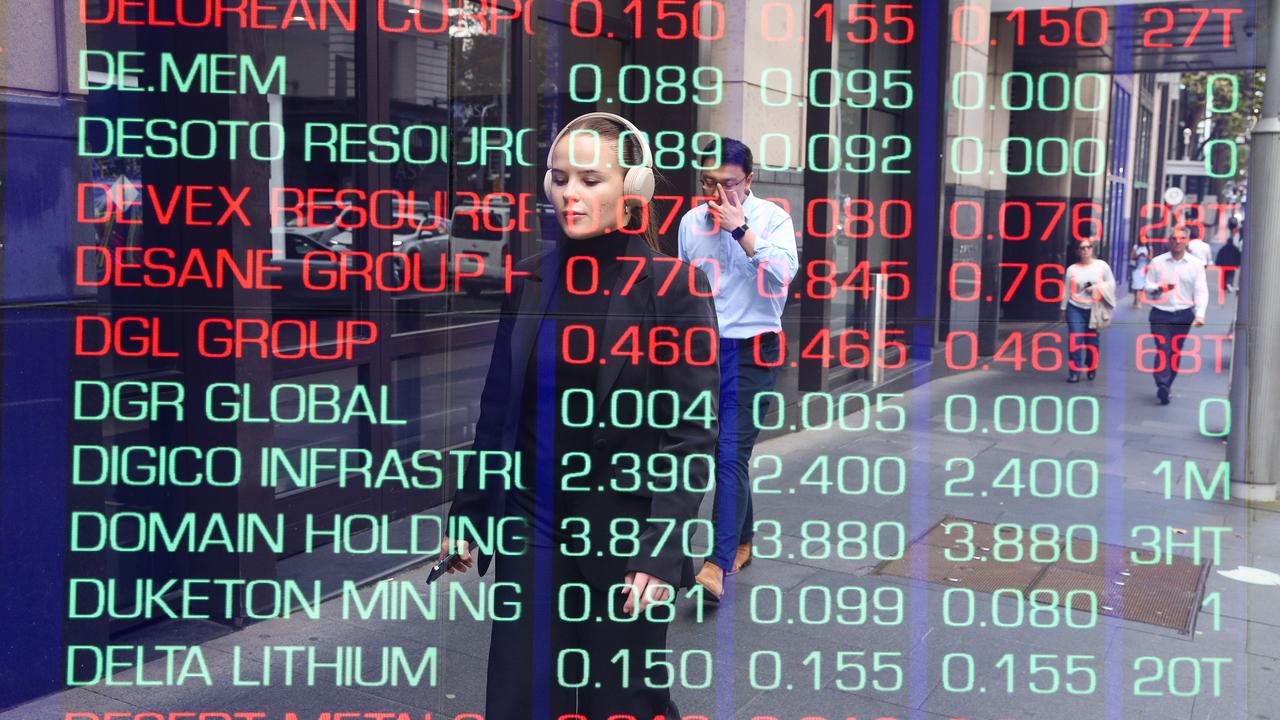
To join the conversation, please log in. Don't have an account? Register
Join the conversation, you are commenting as Logout